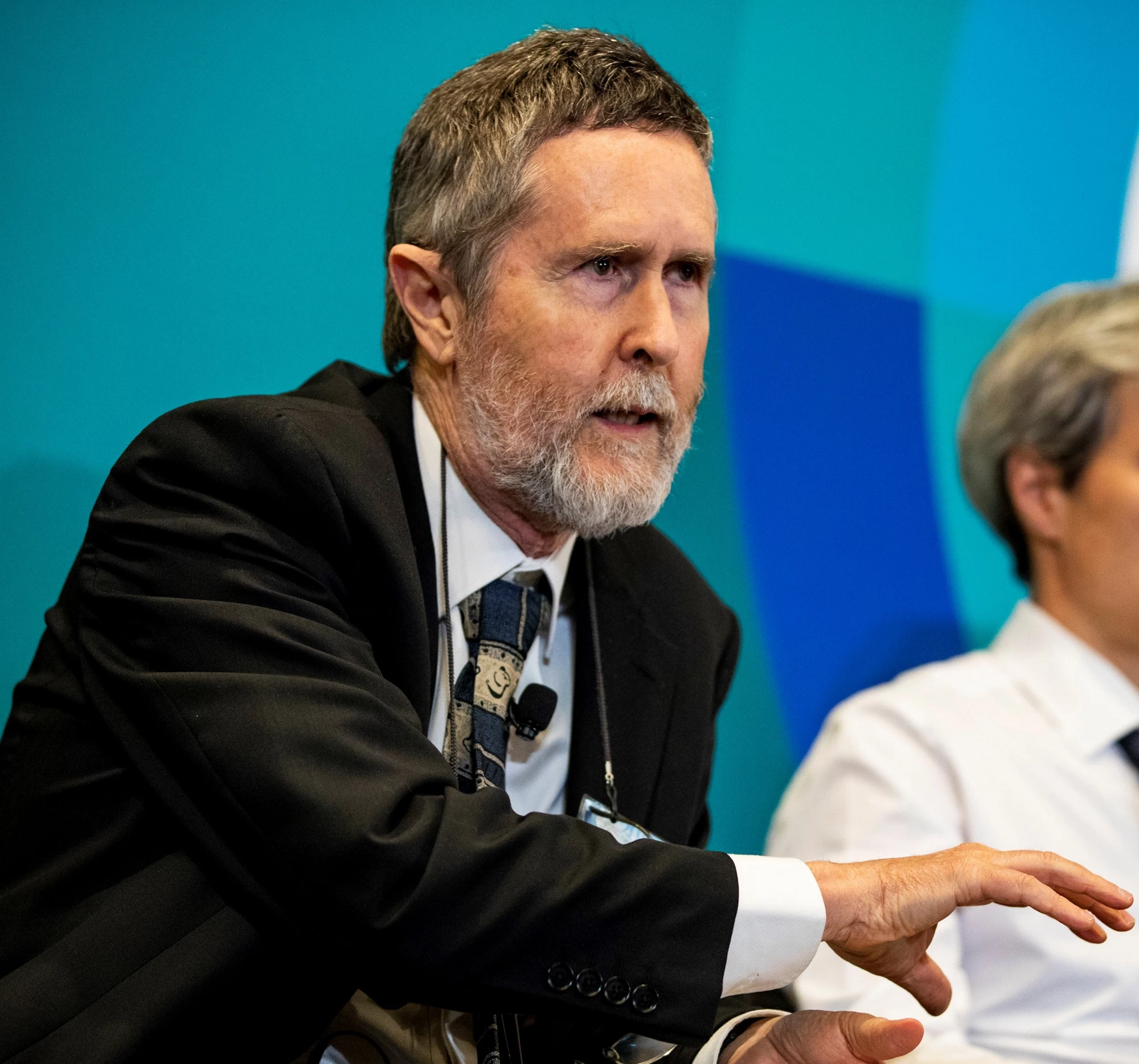 Registered Nurse, Jacqueline Sivili at C.H. Rennie Hospital in Kakata, Margibi County in Liberia. Photo © Dominic Chavez/World Bank
Registered Nurse, Jacqueline Sivili at C.H. Rennie Hospital in Kakata, Margibi County in Liberia. Photo © Dominic Chavez/World Bank
Join us for the fifth Annual Health Financing Forum. The first part will take place virtually from July 7-23, 2020. Please register here.
As countries around the world grapple with the COVID-19 (coronavirus), including its health and economic consequences, they are now facing extraordinary health financing challenges. Many countries are suddenly increasing spending on health services at the same time they’re seeing reduced tax revenue.
Both the IMF and the World Bank Group predict that economic output will drop in most countries in 2020, and that government revenue from taxes will fall even further. This is due in part to containment strategies such as lockdowns, social distancing, closure of all but essential businesses, and travel bans, which have reduced economic activity, international trade and employment.
As countries slowly emerge from lockdowns, they must determine the best way forward for their health systems and economies in the face of uncertainty. Understanding health financing resilience and exploring ways to improve it will be critical for this process, particularly if countries are hit by second or third waves of COVID-19.
Resilience is measured by the extent to which countries are able to adapt their health financing to absorb unpredictable shocks that require sudden increases in health spending at the same time revenue reduces. It’s linked to health financing sustainability, which is the country’s capacity to keep progressing towards longer-term health goals. Without health financing sustainability, we will not achieve universal health coverage or the UN Sustainable Development Goals (SDGs).
Building resilience requires actions in the three main areas of health financing: revenue generation, or raising sufficient funds to adapt to a crisis and reach longer-term health goals; pooling funds, which spreads financial risks so that people can get the health services they need without suffering financial hardship; and ensuring that the right health services are available in the right places, and that they are purchased or provided equitably and efficiently. Building resilience demands a whole-of-government approach.
The fifth Annual Health Financing Forum
In the face of COVID-19, how are countries faring on these fronts? The fifth Annual Health Financing Forum (AHFF) will take a deeper look, focusing on the theme of health financing resilience and sustainability. Hosted by the World Bank Group, the U.S. Agency for International Development (USAID) and the Global Financing Facility (GFF), in collaboration with the Joint Learning Network and other organizations, the forum will take place virtually for the first time, and in two parts.
Part I, scheduled from July 7-23, 2020, will focus on health financing resilience, including steps that countries have taken in their pandemic responses and lessons learned to date. Part II, scheduled for later this year, will examine health financing vulnerability and sustainability in the context of the new normal, and the need to continue progress towards the SDGs.
The forum brings together public finance and health financing experts, who will share knowledge vital to helping countries emerge from the crisis with more resilient and sustainable health financing. So far, evidence on effective fiscal and monetary policies and health financing responses is largely anecdotal, as the pandemic is still evolving . But while it’s too early for definitive conclusions, countries can share experiences on what has and hasn’t worked, to help determine more effective response measures.
Emerging knowledge
Tentative lessons are already emerging from COVID-19, which need to be further explored. These include, for example:
- Most countries have shifted money, health workers, hospital beds, and medicines from other health services towards the COVID-19 response.
- Few countries have had a mechanism in place for deciding which existing health services need to be maintained at all costs, and which can be put on hold.
- National legislation sometimes hasn’t allowed disaster funds to be used for a health emergency, and parliamentary approval of other sources of funding has been slow.
While COVID-19 is creating many health financing challenges, it also provides an opportunity for countries to share approaches and learn from one another to build back better. This will help ensure that our economies and health systems are better prepared for any new health crisis, whether it’s a second wave of COVID-19 or another pandemic.
Learn more about the newly launched COVID-19 Health Financing Resilience Program.
Join us for the fifth Annual Health Financing Forum. The first part will take place virtually from July 7-23, 2020. Please register here.



Join the Conversation